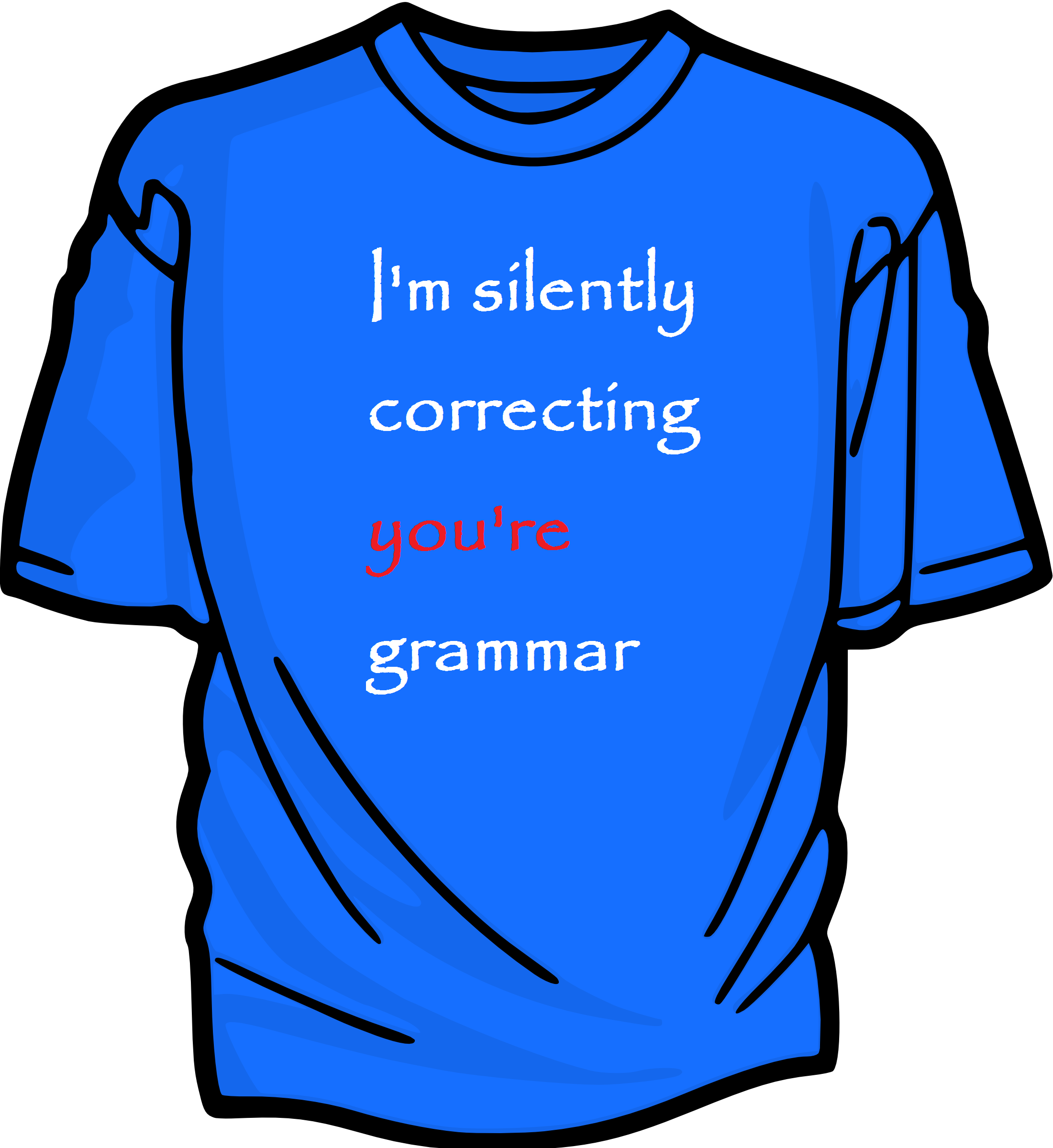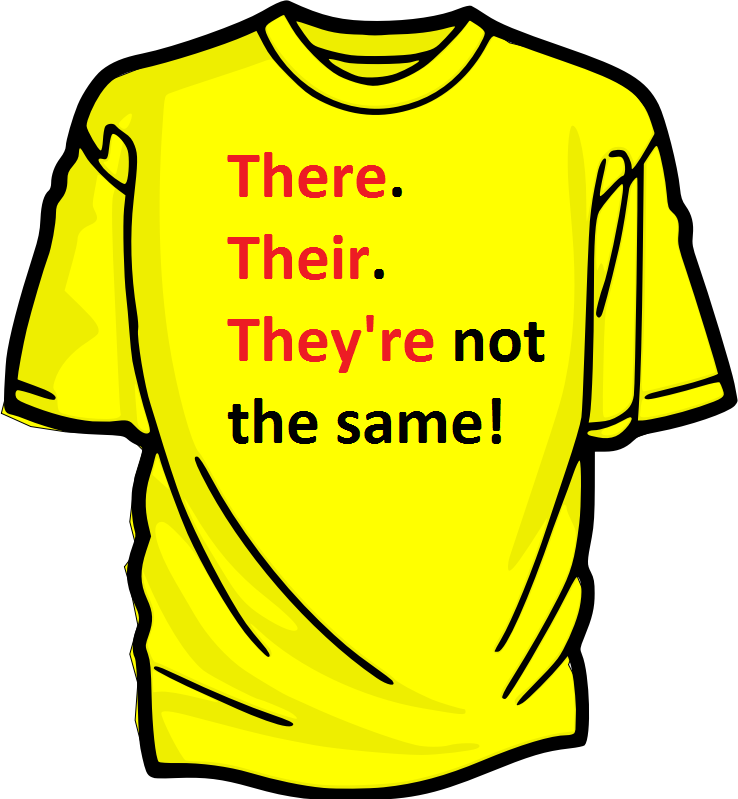Introduction
We all make mistakes when we write.
Most of the time these English errors don’t matter, but some have a real stigma attached. People shouldn’t judge others simply because of these mistakes – but the fact is they do.
So, here are five of the most common English errors that you should ensure your children do not make. As you will see, they are all really simple – so there is no excuse not to fix them!
1. Your/You’re
This is the big one. Using the wrong version is enough fo r some employers to throw resumes in the trash.
r some employers to throw resumes in the trash.
Send someone a polite, "Your welcome," and there’s every chance they’ll start looking down on you.
To fix it, simply ask yourself whether "you are" would make sense. If it would, use "you’re"; if it wouldn’t use "your".
For example: "Your/you’re a good tennis player but your/you’re backhand is weak."
In the first instance, "You are a good tennis player…" makes perfect sense, so "You’re" is correct. But in the second, "but you are backhand is weak", is nonsense, so it’s "your".
And that’s really all there is to it!
2. Apostrophes
There are two uses for apostrophes:
1. Indicating ownership. For example, "That is Bob’s car."
2. Contractions. When we combine "did" and "not" to produce "didn’t" we put the apostrophe in place of the "o" to indicate a letter has been removed.
So, before using an apostrophe, ask yourself whether you are indicating possession or a contraction. If it is neither, leave it out!
See if you can correct the errors in this sentence:
"The Smith’s are bringing banana’s and Lisas going to bring her dads barbecue."
A note on it’s/its: This is a special case. By convention, an apostrophe is only used when we use the word as a contraction – when we use it in place of "it is".
Answer to question: The Smiths are bringing bananas and Lisa’s going to bring her dad’s barbecue.
3. There/Their/They’re
This is another one that people get wrong all the time even though it is not hard. Here’s how to explain it to your child:
all the time even though it is not hard. Here’s how to explain it to your child:
If you are referring to ownership, use "their". For example: "It’s their boat so they can use it when they want to."
If "they are" would make sense, use "they’re". For example: "They’re the nicest family in the street."
And, at all other times, use "there"!
4. Lay/Lie
You may be surprised by this one. These words are mixed up so badly that MOST people use the wrong one!
This sentence is wrong: "I am tired so I’m going to lay down."
The correct word is "lie"! "Lay" means to "place" something down – for example, to "lay your cards on the table."
If "place" doesn’t make sense, you need to use "lie" instead.
The reason so many get this wrong is because English, in one of its charming little quirks, also uses "lay" as the past tense of "lie". For example, "I lay in bed all morning", is perfectly correct.
But this is nothing to do with "lay" in its meaning of "placing something".
The key is: when speaking in the present tense, unless you mean to "place" something, use "lie", not "lay".
5. Then/Than
Get this wrong and again, many will judge you. People who read a lot never make this mistake, so when they see it they tend to question the user’s literacy!
Again, it’s very easy.
"Then" refers to time, "than" is used when making a comparison.
For example. "You’re faster then/than me, so you go first and then/than I’ll go next."
In the first instance it is a comparison and has nothing to do with time, so use "than". In the second, it does refer to time, so use "then".
Final Word
There are of course lots of other pitfalls in the English language.
What’s the best way to help your children avoid these English errors? It’s very simple: reading. Kids who always have a book in their hand get exposed so often to the correct way to write that they naturally tend to get things correct themselves.
Here are some tips to set your child on the path to being a voracious reader.
Back to preschool education from English errors.
